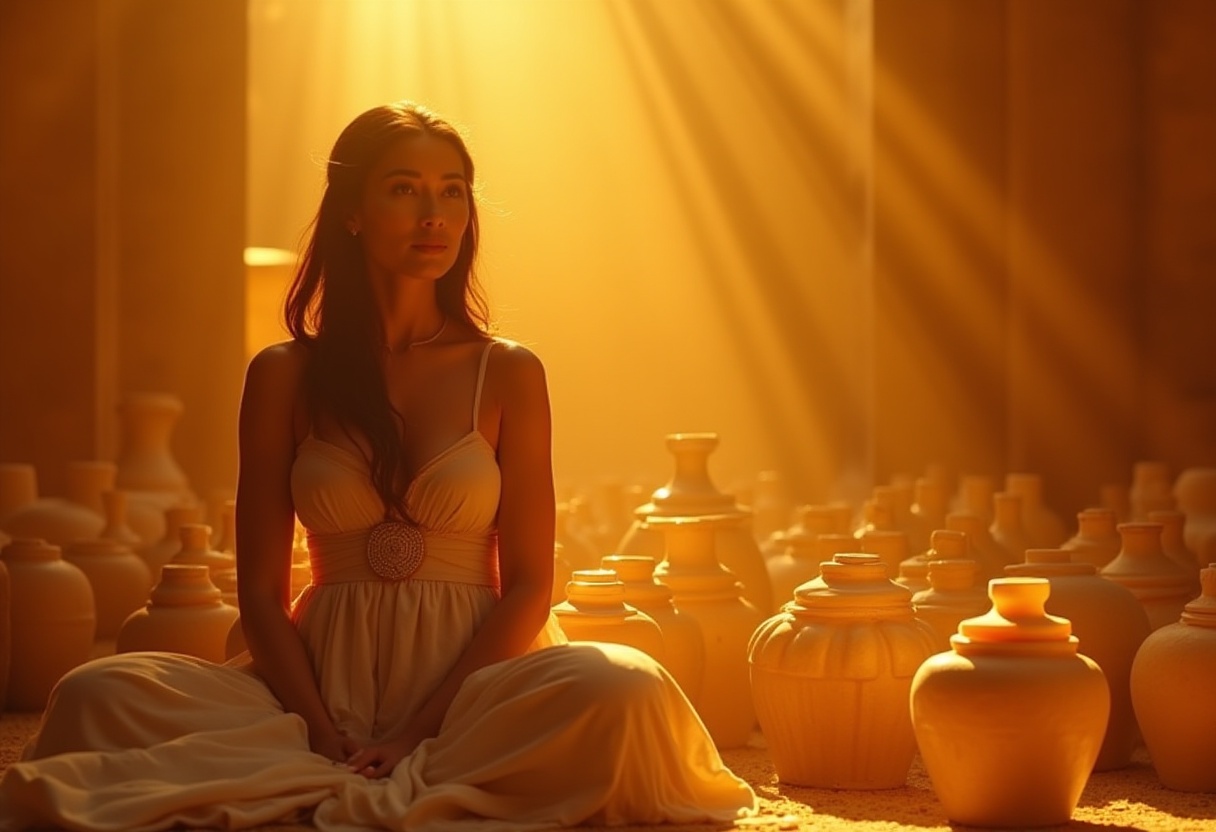Your cart is currently empty!
The Ancient Art of Perfume: From Pharaohs to Fragrances

Perfume is more than a cosmetic accessory — it’s a cultural artifact that has shaped societies for thousands of years. From sacred rituals in ancient Egypt to modern luxury brands in Paris, the evolution of scent tells a fascinating story. Whether you’re a fragrance connoisseur or just exploring the world of perfumes, understanding its origins enhances your appreciation for what’s in the bottle.
The Origins of Perfume: A Journey Through Time
The word perfume comes from the Latin per fumum, meaning “through smoke.” Early perfumes weren’t sprayed — they were burned. Around 3,000 BCE, ancient Egyptians used incense made of resins, woods, and botanicals in religious ceremonies. Fragrance was so valued that it became part of the embalming process for royalty.
Egyptians weren’t alone. In ancient Mesopotamia and the Indus Valley, archaeologists uncovered distillation equipment and oil-based perfumes dating back over 4,000 years. These early civilizations paved the way for perfume as both an art and a science.
Perfume in Ancient Egypt: A Symbol of Divinity and Power
Egyptians believed that scents were the sweat of the gods. Pharaohs wore perfume-infused wax cones on their heads during ceremonies, slowly melting and releasing fragrance over time. Perfume was also a sign of social status — the richer the aroma, the higher one’s place in society.
The first known chemist in history, a woman named Tapputi, lived in Babylon and developed techniques for extracting scents using solvents and distillation. Her name still echoes in fragrance industry circles today.
Greek and Roman Influence: Scents Meet Sophistication
As civilizations expanded, so did the use of perfumes. The Greeks wrote extensively about fragrance, linking it to health, beauty, and seduction. The Romans took it even further — public baths had scented waters, and wealthy citizens perfumed their clothes, hair, and even pets.
Perfumes became a booming industry, with exotic ingredients like frankincense, myrrh, cinnamon, and rose imported from as far as India and Arabia. This cross-cultural exchange made perfume a global commodity centuries before globalization.
The Dark Ages: A Fading Fragrance
During the Middle Ages in Europe, perfume usage declined due to the Church’s suspicion of luxury and excess. However, in Islamic cultures, the tradition continued and flourished. Notably, Persian scientist Avicenna revolutionized the industry by inventing steam distillation — a method still used today.
His development of rose water became the cornerstone for both culinary and fragrance use, and Islamic perfumers preserved and advanced fragrance-making techniques while Europe remained in the dark.
The Renaissance: Perfume Reawakens
By the 14th century, Europe’s passion for perfume was reignited. Italy and France became hubs for perfume creation, especially among the nobility. Perfume was used to mask the lack of bathing and was believed to ward off diseases like the plague.
In 1533, Catherine de Medici brought her personal perfumer from Italy to France when she married King Henry II — sparking the rise of the French fragrance empire.
Modern Perfume: Chemistry Meets Creativity
The 19th century brought synthetic ingredients, allowing perfumers to mimic natural scents and invent entirely new olfactory experiences. This innovation led to iconic creations like Chanel No. 5, the first major perfume to include aldehydes, giving it a crisp, clean sparkle.
Today, perfumery is a multibillion-dollar global industry. Brands emphasize storytelling, mood, and personalization — from gender-neutral fragrances to sustainable scent production.
Why This Matters to You
Understanding the roots of perfume helps you choose a scent that resonates with your personality and cultural identity. Whether you prefer floral, woody, citrusy, or spicy notes, there’s a history behind every bottle.
Curious about how to choose the perfect perfume for your body chemistry?
Read the next article: “Scent & Skin: How Your Body Chemistry Affects Your Fragrance.”
Leave a Reply
You must be logged in to post a comment.